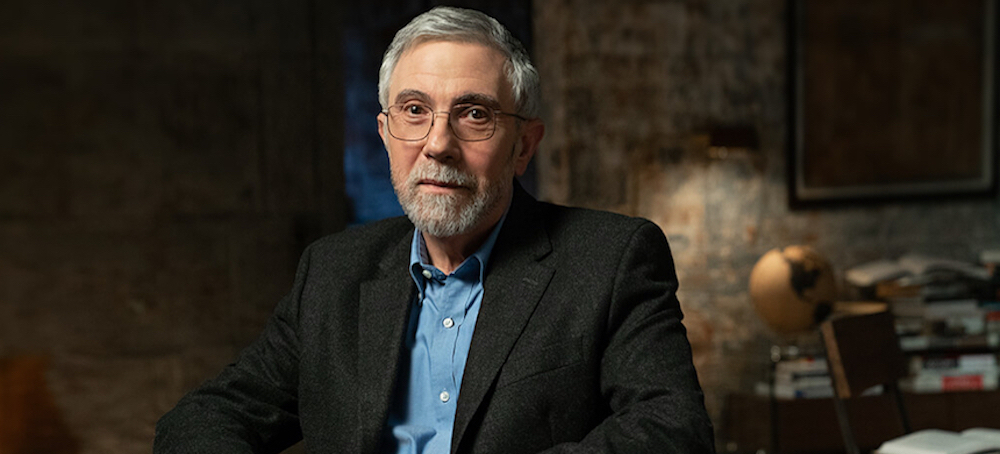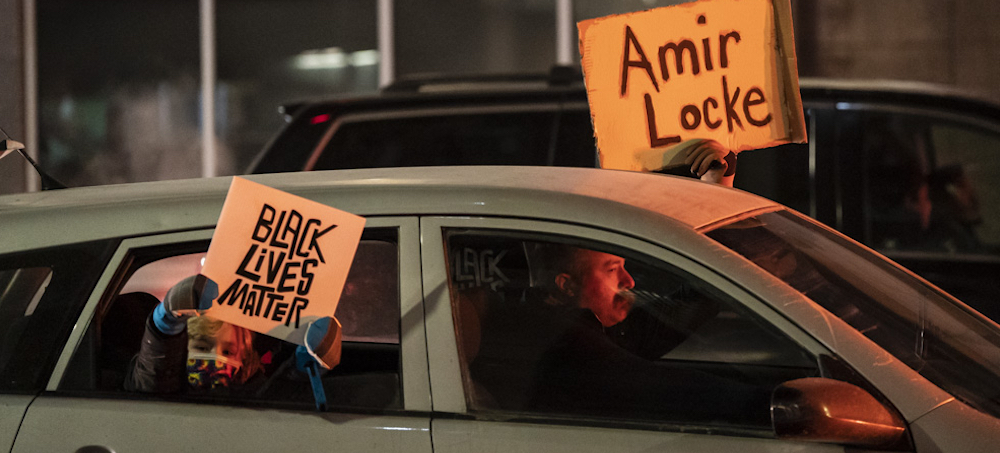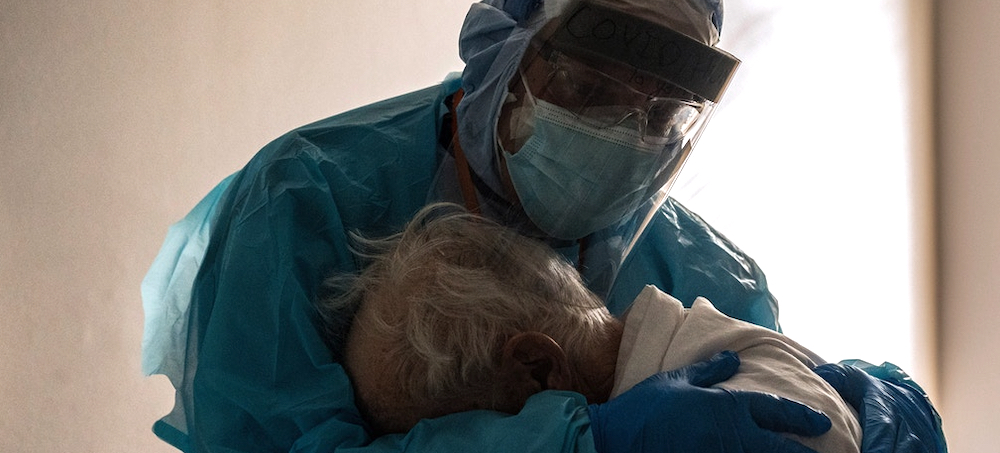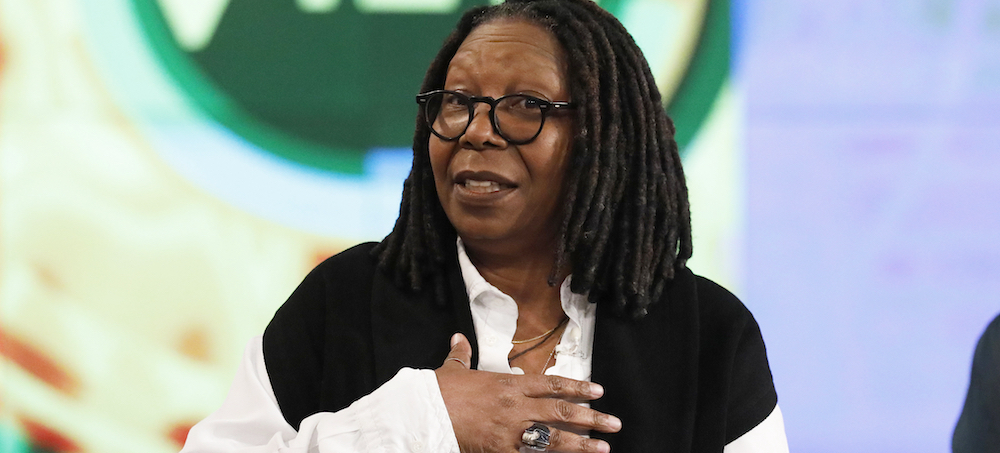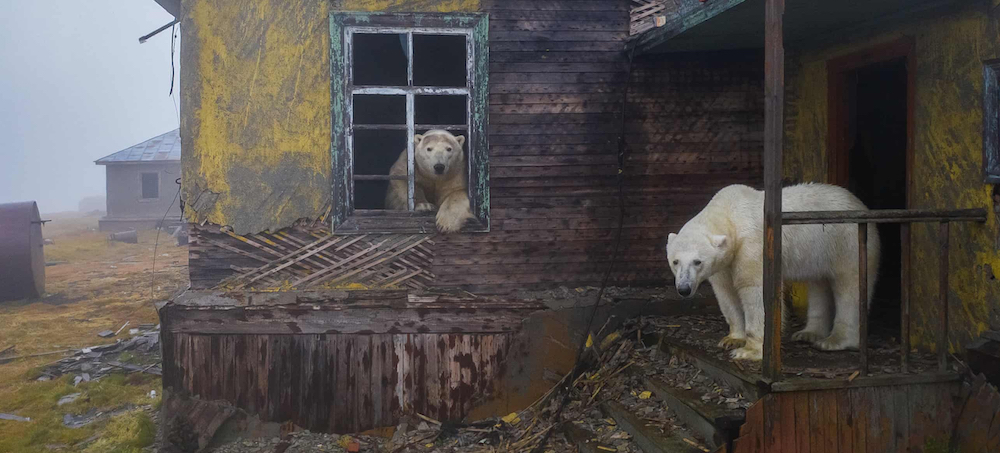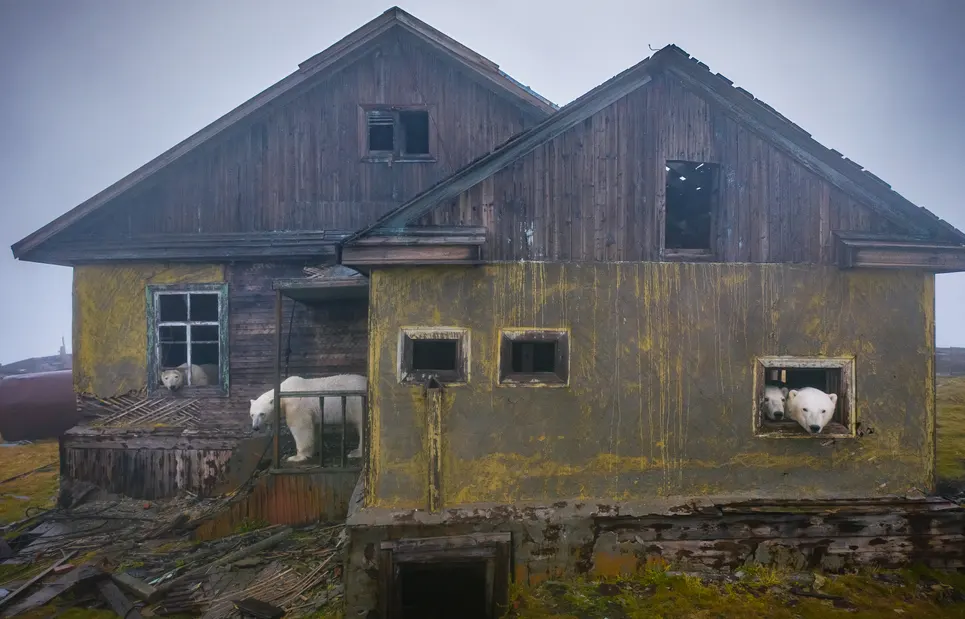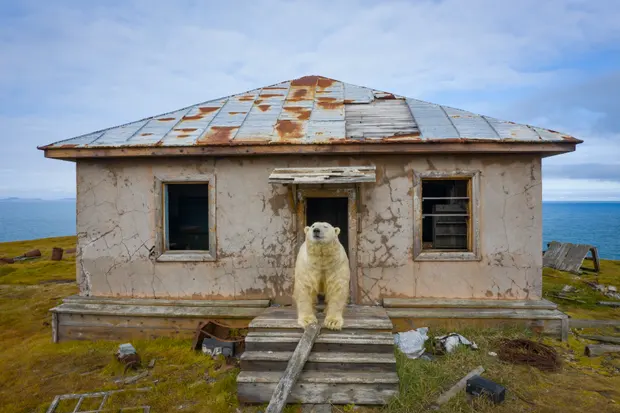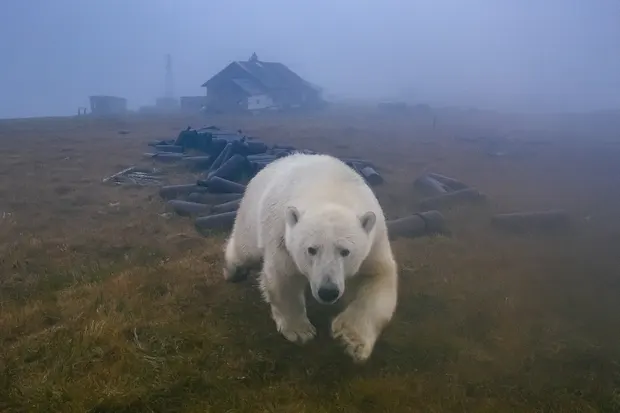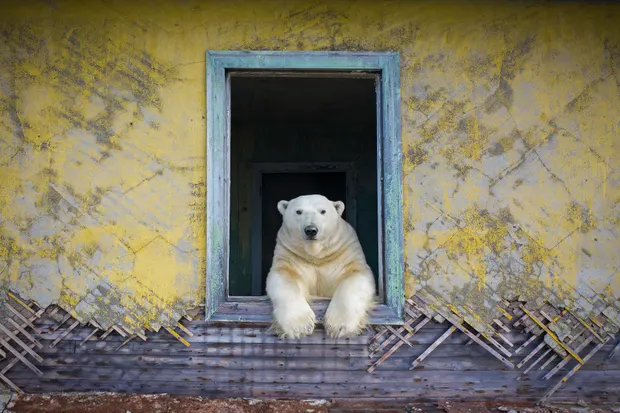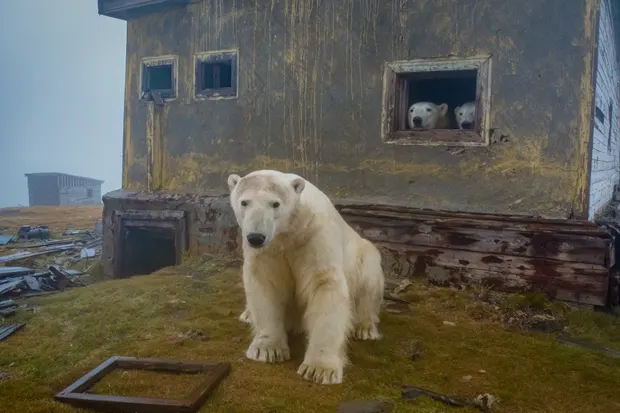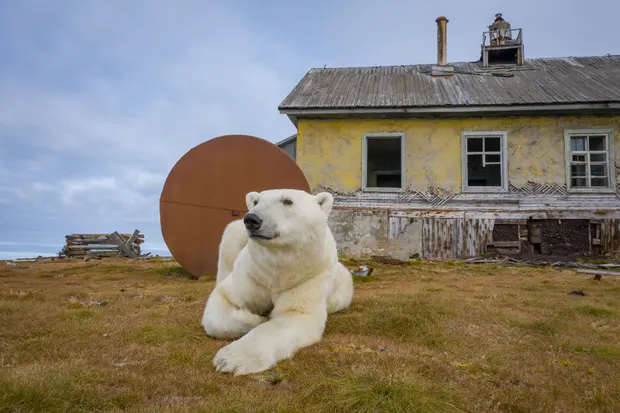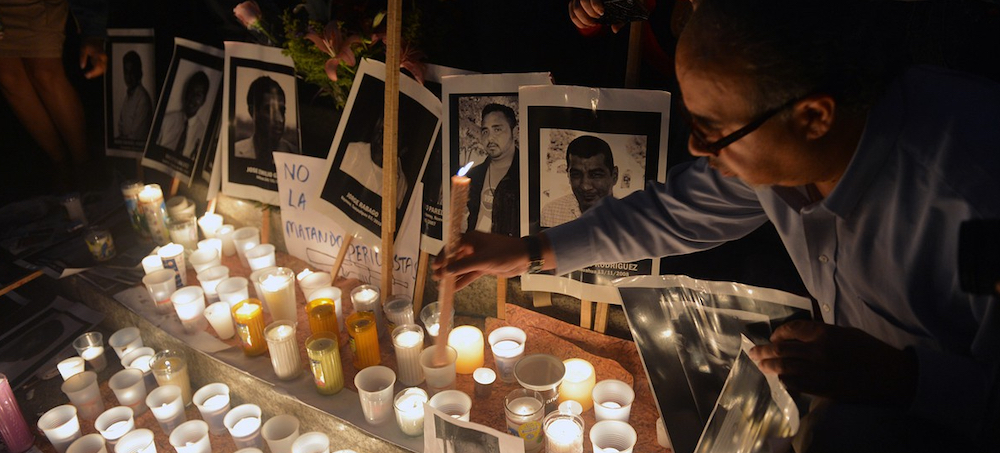A Herschel Walker candidacy is a total nightmare for Senate Republicans
Updated 10:12 AM ET, Wed August 25, 2021

(CNN)The news that former NFL star Herschel Walker has registered to vote in Georgia is terrible news for Senate Republicans hoping to retake the majority next November.
- He hasn't lived in the state for a very long time. Moving back to the state to run for office opens Walker up to charges of carpetbagging -- and he has no ready answer for that.
- He's been accused of threatening behavior. Walker has been open about his diagnosis of dissociative identity disorder and the struggles it has caused him, including writing a book about his experiences. But a recent AP report that went through Walker's business and divorce records reveal troubling -- and previously unreported -- behavior. "The documents detail accusations that Walker repeatedly threatened his ex-wife, exaggerated claims of financial success and alarmed business associates with unpredictable behavior." (Walker didn't respond to the AP's request for comment on the report.)
- He's never been a candidate before. A Senate race is a very tough place to make a maiden campaign. And that goes double when you are talking about what will likely be one of the most closely watched and expensive Senate races in the country. Walker will now be under a very bright light from the second he made clear his candidacy -- and if past is prologue, he could struggle at times under such close scrutiny.
Police records complicate Herschel Walker's recovery story
Police in Irving, Texas, once confiscated a gun from Republican Georgia Senate candidate Herschel Walker following a domestic disturbance — because, they said, the former football star talked about having “a shoot-out with police.”
WASHINGTON -- One warm fall evening in 2001, police in Irving, Texas, received an alarming call from Herschel Walker’s therapist. The football legend and current Republican Senate candidate in Georgia was “volatile,” armed and scaring his estranged wife at the suburban Dallas home they no longer shared.
Officers took cover outside, noting later that Walker had "talked about having a shoot-out with police.” Then they ordered the 1982 Heisman Trophy winner and onetime Dallas Cowboy to step out of the home, according to a police report obtained by The Associated Press through a public records request.
Much of what happened that day at the $1.9 million mansion remains shrouded from view because the report, which Irving police released to the AP only after ordered to do so by the Texas attorney general’s office, was extensively redacted.
What is clear, though, is that Walker's therapist, Jerry Mungadze, a licensed counselor in Texas with a history of embracing practices that experts in the field say are outside the mainstream, played a pivotal role in extracting the former player from the situation.
The incident adds another layer to Walker’s already turbulent personal history, which includes his acknowledged struggles with mental health, violent outbursts and accusations that he repeatedly threatened his ex-wife. And it will test voters’ acceptance of Walker’s assertion that he has long since been a changed person.
After calling police to the gated subdivision where Walker's wife lived, Mungadze rushed to the scene and talked to Walker for at least 30 minutes to calm him down, according to the Sept. 23, 2001, report. In the end, police confiscated a 9mm Sig Sauer handgun from Walker's car and placed his address on a “caution list" because of his “violent tendencies.” But they declined to seek charges or make an arrest. Walker's wife filed for divorce three months later.
Though causing some initial misgivings, Walker's past has done little to deter Republican support for his candidacy. He has been championed aggressively by former President Donald Trump, a longtime friend, with other top Republicans eventually joining the fold.
Senate Minority Leader Mitch McConnell and his No. 2, Sen. John Thune, both endorsed Walker in October after early concerns about his history of domestic violence. Last week, Nikki Haley, the former South Carolina governor who served as U.S. ambassador to the United Nations during the Trump administration, tweeted that Walker would be a champion of conservative values and is “living proof that hard work and determination pay off.”
Walker's campaign dismissed the newly surfaced information and blamed the media for highlighting it.
“The very same media who praised Herschel for his transparency nearly two decades ago are now running ... stories, stereotyping, attacking, and going so far as to question his diagnosis," Mallory Blount, a Walker spokesperson, said in a statement. "It’s shameful and is why people don’t trust the media.”
The campaign declined to offer an updated health assessment or grant a request for an interview. There have been no reports of violence involving Walker in the past decade.
Mungadze, too, declined to comment, but has indicated that he is no longer treating Walker. Still, their relationship is part of the story as the former University of Georgia and NFL football star turns to politics.
Walker and Mungadze first met in the early 1980s when both ran college track. They didn't become friends until after Mungadze, who holds a doctorate of philosophy in counselor education, diagnosed Walker with dissociative identity disorder following a separate 2001 episode in which Walker says he sped around suburban Dallas, hearing voices and fantasizing about executing a man who was late delivering a car he had purchased. Psychologists and counselors generally do not have medical degrees.
A former pastor, Mungadze has held a counselor's license in Texas for over three decades and offers himself as an expert in treating dissociative identity disorder, which was once known as multiple personality disorder.
His professional and academic writings lean heavily into the occult, exorcism and possession by demons, which he called a “theological and sociological reality" in a 2000 article “Is It Dissociation or Demonization?” that was published in the Journal of Psychology and Christianity.
In one method of analysis he has pioneered, which experts have singled out as unscientific, patients are asked to color in a drawing of the brain, with Mungadze drawing conclusions about their mental state from the colors they choose. In 2013, he told the televangelist Benny Hinn that he can use the drawings to tell whether someone has been “demonized.”
“I can tell them what spirit they have and what it’s doing in their life,” he said on Hinn’s television show.
His 1990 doctoral thesis for the University of North Texas argues that traditional healers in his native Zimbabwe are better positioned to treat those who claim to be possessed by “ancestral spirits” than providers of Western medicine.
And he was also featured in a 2014 British TV documentary as a practitioner of gay conversion therapy, a scientifically discredited practice that attempts to change the sexual orientation or gender identity of LGBTQ people.
“It’s really disturbing that a prominent individual like Walker would be seeing someone who just looks like the most dubious caregiver in terms of using methods that I’ve never heard of and never seen any published literature on,” Arthur Caplan, a professor of bioethics at New York University’s Grossman School of Medicine, said while referring to Mungadze's practice of diagnosing patients based on how they colored in a drawing of the brain.
Walker has at times been open about his struggle with mental illness, writing at length about it in his 2008 book, “Breaking Free." Mungadze, whom Walker has called “one of my best friends," wrote the book's foreword.
The book details years of struggle before an eventual diagnosis by Mungadze. Walker describes himself dealing with as many as a dozen personalities — or “alters” — that he had constructed as a defense against bullying he suffered as a stuttering, overweight child.
The National Alliance on Mental Illness describes the disorder as “alternating between multiple identities,” leaving a person with “gaps in memory of everyday events.” It notes that men with the disorder often “exhibit more violent behavior rather than amnesia.”
“It’s very intensive treatment,” said Bethany Brand, a clinical psychologist and professor at Towson University, who helped write guidelines for diagnosing the disorder. “They are often quite symptomatic and can relapse, even after a successful course of treatment, if they are under enough stress.”
Comparing his condition to a “broken leg,” Walker wrote that Mungadze assured him “it was possible to achieve emotional stability based on the approach and methods he had developed.”
By Mungadze's account it wasn't easy. In a 2011 Playboy Magazine profile of Walker, Mungadze said he had to call police to his office during one therapy session with Walker and his wife.
“He threatened to kill her, myself and himself. I called 911, and the police came," Mungadze said. According to the article, the incident ended with Walker hitting a door and breaking his fist.
A review of court records and police reports documents a far more turbulent path than portrayed in Walker's book, which was framed as a turnaround story.
About a year into his treatment, a former Dallas Cowboys cheerleader told Irving police in May 2002 that she believed Walker had been lurking outside her house. The woman said she had a “confrontation” with him roughly a year earlier, which led to Walker making threatening phone calls and “having her house watched,” according to a police report. The threats subsided, but after Walker spotted her outside a Four Seasons resort in Irving, she told police that he followed her as she drove home. The woman told police she was “very frightened” of Walker, but asked them not to contact him because it would “only make the problem worse.” She declined to comment for this story.
Walker's ex-wife has said that she was a repeated target of his abuse.
Now going by the name Cindy Grossman, she described violent outbursts in their divorce proceedings, telling of “physically abusive and threatening behavior.” When his book was released, she told ABC News that at one point during their marriage, her husband pointed a pistol at her head and said, “I’m going to blow your ... brains out.”
Mungadze served as a court approved mediator after Grossman filed for divorce in December 2001.
She returned to court in 2005 for a protective order after Walker repeatedly voiced a desire to kill her and her boyfriend, according to court records.
Walker “stated unequivocally that he was going to shoot my sister Cindy and her boyfriend in the head,” her sister later said in an affidavit, which the AP first reported last July. Not long after making the threat, Walker confronted Grossman in public, according to court filings, which indicate he “slowly drove by in his vehicle, pointed his finger at (Grossman) and traced (her) with his finger as he drove.”
A judge granted the protective order and stripped Walker of his right to carry firearms for a period of time. Grossman did not respond to a request for comment at a number currently listed for her.
In 2012, a woman named Myka Dean told Irving police that Walker "lost it" when she tried to end an “on-off-on-off” relationship with him, which she said had lasted for 20 years. Walker, she told officers, threatened to wait outside her apartment and “blow her head off,” according to a January 2012 police report.
Dean, who died in 2019, told police she didn't want to get Walker in trouble. But the officer decided to document the incident because of the “extreme threats.”
Records filed with the federal Securities Exchange Commission show she was once part of a business venture with Walker, holding an ownership stake in a company he led called Renaissance Man Inc., which sold an aloe-based health drink. Her mother and stepfather also served on the company's board.
Walker's campaign said that he “emphatically denies these false claims" and is on good terms with Dean's parents, who support his campaign.
“This is the first any of us knew about this. We are very proud of the man Herschel Walker has become," Diane McKnight, Dean's mother, said in a statement provided by Walker's campaign. "We love him, pray for him and wish we lived in Georgia so we could vote him into the United States Senate.”
———
This story was first published on Feb. 10, 2022. It was updated on Feb. 11, 2022, to make clear that U.S. Senate candidate Herschel Walker’s therapist, Jerry Mungadze, holds a doctorate of philosophy in counselor education.
MUST READ:
Will Hershel Walker's Troubled Past Keep Him Out of Georgia's Senate Race?
Herschel Walker guaranteed he’d repay $600k in pizza franchise loans. So far, he hasn’t
BY NICK WOOTEN UPDATED FEBRUARY 12, 2022 2:42 PM
Play VideoDuration 3:09
Herschel Walker speaks at the 2020 RNC Former NFL, USFL and University of Georgia running
Herschel Walker gave a speech for his friend and former boss, Donald Trump, on. the first night at the 2020 Republican National Convention, Aug. 24, 2020.
BY REPUBLICAN NATIONAL CONVENTION
U.S. Senate candidate Herschel Walker and a business partner have failed to repay $625,000 in loans used to fund a pizza franchise, court records reviewed by the Ledger-Enquirer and McClatchy News show.
The former NFL star and Brandon Scrushy, president of Zoner’s Pizza, Waffles and Wings, personally guaranteed the repayment of two loans issued by a Texas bank. Two Georgia counties used a Texas court judgment to place a lien of more than half a million dollars against Walker, Scrushy and the business to try to get them to pay. Fulton County Superior Court filed the lien in December, and Johnson County, where Walker’s hometown of Wrightsville is located, recorded the lien later that month. The lien will remain in the counties’ records until the loans are paid off, and the Texas bank could seek further action to collect the debt. The ruling is the latest in a series of issues for Walker, who hopes to unseat incumbent Sen. Raphael Warnock, a Democrat, in this year’s midterm election. Recent polling from Quinnipiac University shows him leading Warnock, 49% to 48%. Attempts to reach D. Woodard Glenn P.C, the Dallas attorneys who handled the Texas loans lawsuits, were unsuccessful. An Atlanta attorney who handled proceedings in Fulton and Johnson counties said he was not permitted to comment on the matter.
In a statement to the Ledger-Enquirer and McClatchy News, Walker’s communications director Mallory Blount did not say if Walker would pay off the debt. “Herschel is a minor investor and supplier for Zoners Pizza who allowed his likeness to be used in marketing materials. Like many other small businesses across America, Zoners was hit hard by the pandemic. Herschel is not a decision-maker in the company, but trusts that they are resolving this issue.” Walker’s legal issues with Zoner’s were first reported by the Associated Press as part of an investigation into the Republican’s business dealings and personal life. The AP found that Walker exaggerated his business success and alarmed business partners with unpredictable behavior. Walker also threatened the life of his ex-wife, Cindy Grossman, AP reported. THE LAWSUITS AND COURT RULINGS Both Walker and Scrushy agreed to repay the loans, which were issued in 2018 and amended in 2019 by Veritex Community Bank, according to two lawsuits filed in the 14th District Court in Dallas County.
Veritex filed the first lawsuit over a roughly $500,000 loan in September 2020. A second suit over a roughly $100,000 loan was filed in June 2021. Vertex accused Zoner’s of defaulting on both loans and said Walker, Scrushy and Zoner’s declined to repay despite agreeing to do so. Walker avoided involvement in the Texas lawsuits. Security guards would not allow legal documents to be personally delivered to Walker, who lives in a gated community in Westlake, a town northwest of Fort Worth. Attempts to contact Walker by phone were unsuccessful, court records show. Court documents state Walker and his co-defendants failed to appear in court to answer the charges in the lawsuits. The courts ruled in favor of the bank in both cases, and ordered Walker, Scrushy and Zoner’s Restaurant Group LLC to pay back the loans as well as attorney fees and other related costs. Atlanta attorney Michael F. Hanson filed a civil case in Fulton County Superior Court in November 2021 to enforce the judgment on the $500,000 loan case. Judge Rachelle Carnesale enacted a lien against Walker, Scrushy and Zoner’s Restaurant Group. The same lien was filed in Johnson County in late December. Veritex has not asked Fulton or Johnson County courts to enforce the second Texas ruling. WALKER’S OTHER BUSINESS TROUBLES Zoner’s Restaurant Group also owes just over $6,000 in unpaid taxes in Montgomery County, Texas, north of Houston. Other Zoner’s franchise groups haven’t paid taxes in other Texas and Georgia counties. The largest owed amount is just over $10,000 in Gwinnett County. Walker’s name is not mentioned in those documents. Walker’s exact role in the business was not outlined in the Texas lawsuits, though documents and Walker’s previous public statements suggest the relationship is close. A December 2021 financial disclosures report Walker filed with the Securities and Exchange Commission states that he owns non-public Zoner’s stock worth an “unascertainable” amount. He earns less than $201 a year in income from the stock, according to the report. Zoner’s has 15 locations in four states, more than half of them in Georgia. Each location serves Walker’s chicken and waffles, according to the company’s website. Walker owns a chicken business that distributes its products nationwide. Walker is referred to as an owner and majority stockholder in several news stories about various Zoner’s locations. He identified himself as an owner of more than “two dozen restaurants across the country, including Zoner’s Pizza, Wings and Waffles” during a speaking event in Fort Irwin, Calif., in 2019. The statement from Walker’s campaign about his arrangement with Zoner’s mirrors the relationship business associates described to the Associated Press in July about Walker and his chicken processing plants. The associates claimed that Walker is just a licensing partner who lends his name to the enterprise — much like former President Donald Trump did with many products. Walker and the former president maintain a close relationship, dating back to the short-lived United States Football League of the 1980s. Walker, a 1980 College Football National Champion and 1982 Heisman Trophy Winner as the star running back for the University of Georgia, played for the New Jersey Generals. The team came under Trump’s ownership after the 1983 season. Trump endorsed Walker’s Senate bid in September 2021.
Read more at: https://www.star-telegram.com/news/local/article258250315.html#storylink=cpy


